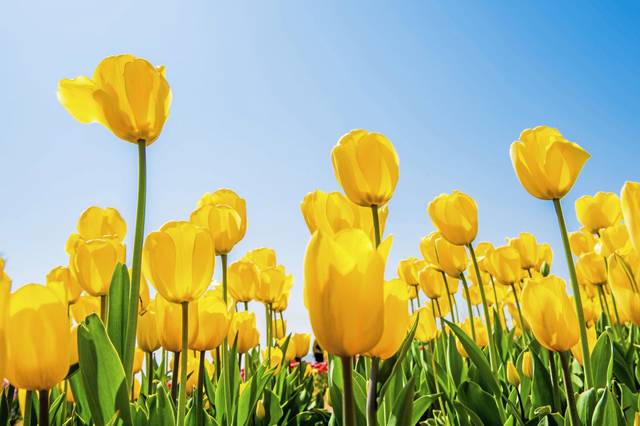https://naviga.triblive.com/news/world/this-years-spring-is-earliest-in-over-a-century/
This year’s spring is earliest in over a century

Back in February (remember those carefree days?), Punxsutawney Phil predicted an early spring.
What many didn’t realize: His prediction was foolproof — no matter what happened with the weather.
This year’s vernal equinox will arrive at 11:50 p.m. March 19 — the earliest “first day of spring” any of us has experienced.
Not since 1896 — 124 years ago — has the season arrived so early.
Bob Berman, astronomer editor for The Old Farmer’s Almanac, explains that it has to do with the calendar and leap years.
Most folks remember growing up with the first day of spring being on March 21. However, as Berman says, “equinox and solstices happen earlier and earlier as each century wears on.”
A true Earth year runs 356 days, 5 hours, 48 minutes and 46 seconds — or 365.2422 days. Well, that creates an issue with making the calendars sync up. Adding in a leap day every fourth year works for a while, but after centuries, we’d be off unless we skipped one once in a while.
Before 1582, every four years included a leap day. But that meant — over many years — we ended up adding more days we didn’t need. And so seasons started getting off — arriving earlier each year.
Along came Pope Gregory, who implemented the Gregorian calendar and decreed that we’d keep our regular leap day pattern, but we skip three of them every four centuries. So, that’s why we don’t usually have a leap day on century years, unless the year is divisible by 400. Bingo.
Back to spring: Berman writes, “As every century wears on, the date slips earlier to the 20th and possibly even to the 19th of March, but this slippage gets halted and rectified by the omission of a leap day during the next century year, like in 1700, 1800 and 1900. That creates a sudden “jump” of one day, with the first day of summer, spring, and winter pushed to the 21st again, and all seems right with the world.
“Because 2000 had a leap day instead of omitting it, thanks to that once-every-four-century-tweak, ensuing equinoxes were prevented from returning to the 21st, and solstices and equinoxes instead continued to creep earlier.”
Spring will continue to move earlier and earlier in the years ahead. Right now, it’s just in the United States, but later in in the 21st century, the vernal equinox will hit on the 19th in Europe.
And, Berman says, every coming leap year we will have a new “earliest spring” to look forward to.
Copyright ©2026— Trib Total Media, LLC (TribLIVE.com)
